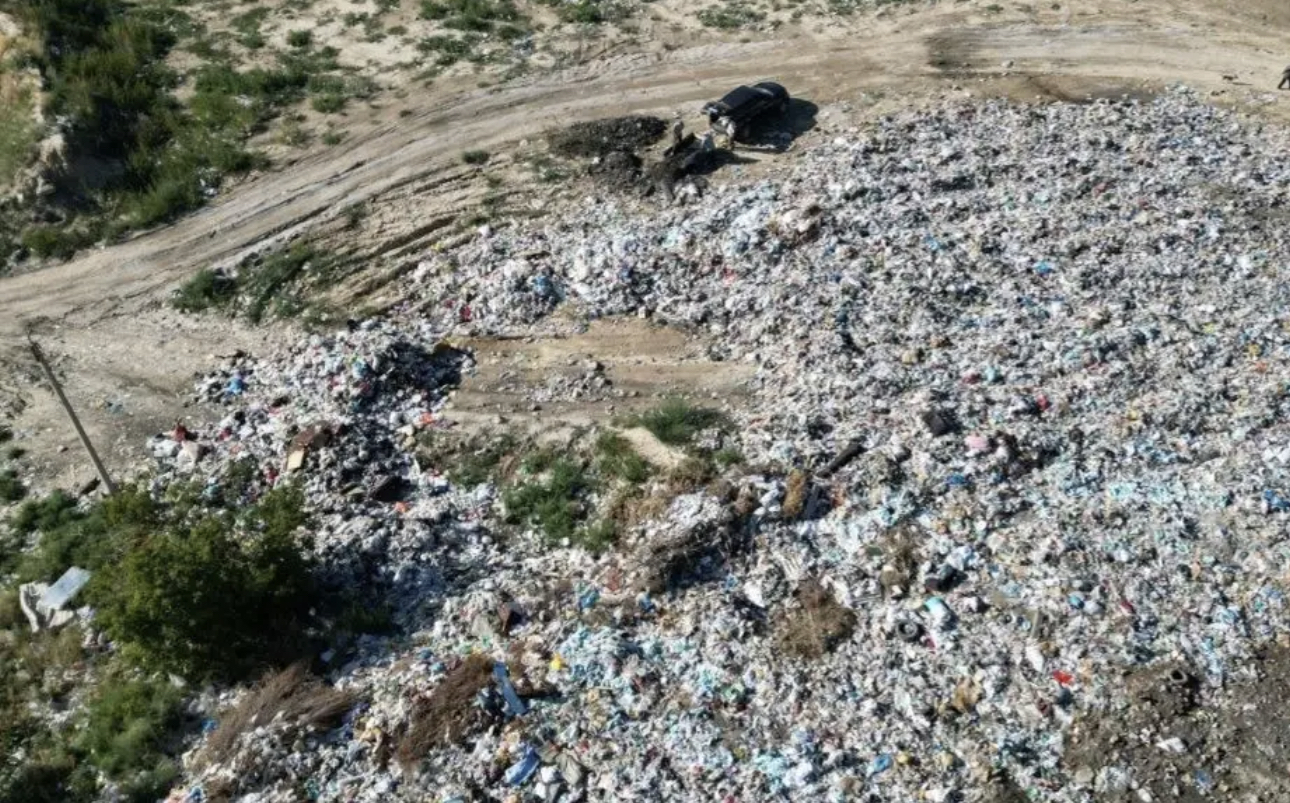ASTANA – The Ministry of Ecology and Natural Resources will allocate 200 billion tenge ($448.2 million) to finance the construction and modernization of solid waste processing plants, said Vice Minister of Ecology and Natural Resources Zhomart Aliyev during an April 18 hybrid-format international conference focused on problems and prospects of the recycling industry in Kazakhstan, reported the press service of the country’s Association of Secondary Raw Material Recyclers.

Photo credit: Prosecutor’s Office of Zhetysu region
According to Aliyev, 94 projects have already been selected, 37 of which are new factories.
Aliyev named waste sorting and the workload of domestic processing plants with low-quality raw materials as the main problem for high-quality waste processing in Kazakhstan.
Last year, Kazakhstan achieved a 24% share of sorting and processing solid household waste. According to the green economy transition concept, the share of recycling should reach 40% by 2030.
Aliyev emphasized the ministry’s commitment to increasing the share of waste recycling and obtaining the largest possible amount of useful fractions. Through satellite images, 5,000 spontaneous landfills were identified in Kazakhstan in 2023, and 80% had been successfully eliminated by year-end.
He added that the new plants will process waste paper, glass, plastic, metals, and electrical appliances.
Of the 100,000 tons of plastic generated at landfills in Kazakhstan, only about 3,500 tons are recycled. Association Chairman Batyrbek Aubakirov noted that a major challenge faced by specialized companies is the need for more raw materials for solid household waste processing.
He said Kazakh landfills find it more profitable to transport waste to neighboring countries for processing rather than using domestic processing plants.
According to Aubakirov, processors’ problems include a lack of stable raw material sources, unequal trade terms with third countries, and dumping raw materials and finished products caused by different customs rates and exchange rate fluctuations.
“As a result, these factors reduce the competitiveness of Kazakh processors, loss of market share, and underutilization of production capacities,” he stressed.
